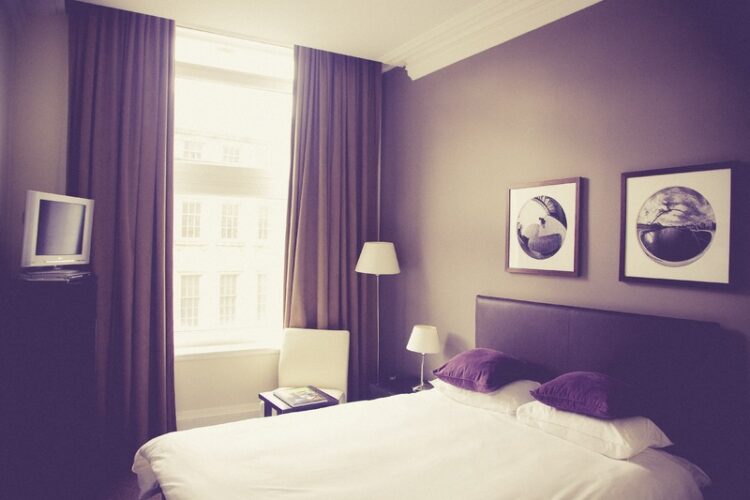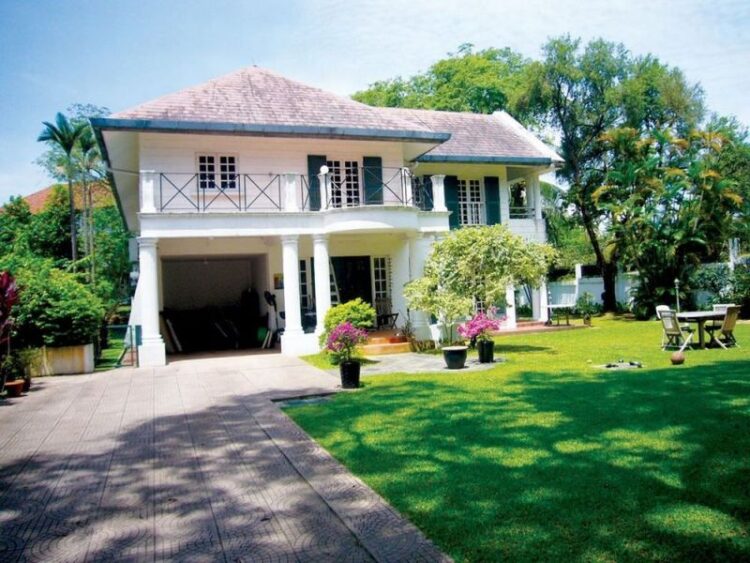When it comes to determining how much you need monthly to spend and save in Singapore, you have to take almost one week to analyze all the sectors of the country’s economy.
From the start, Singapore is ranked as one of the countries with the highest costs of living. What does that mean? You probably need a huge salary to live comfortably in the state and have an extra coin to dump in your savings account. But does that mean that no one is saving? Some save, not forgetting we have investors too. It all comes back to how you spend your salary every month.

source:pxhere.com
As a young entrepreneur, a young working adult, or thinking to accept that job invitation in the country, you may be imagining what kind of salary to demand from your employer to cover your expenses and save. A significant percentage of working adults would give a million answers to this question. Their answers would vary depending on their lifestyle and values.
Of course, you don’t expect someone in the early forties who wakes up and walks directly to their working place to respond similarly to that young working adult who spends half of his day riding around the city in a flashy car. It all depends on how they view the country’s economy. To break this down, let us look at some of the economic sectors and see how much will be enough for you.
Page Contents
Accommodation

As a Singaporean who feels like its time you move out of your father’s house and get your separate room, housing costs are some of the expensive expenses you should be ready to face. Not only to locals, but even a foreigner who moves in the country should also be prepared to face the harsh accommodation conditions. Buying a home in Singapore is like a dream that you have to wake up and spend almost your year’s salary. Renting is neither cheap.
House Renting in Singapore

source:houseforrentus.blogspot.com
Although most experts in Singapore prefer renting a home, you have to know that it is not as cheap as you can imagine. On average, renting a home if you are single and wish to share an HDB flat is public housing, you have to pay between $700 and $2000 per month.
This applies to all private apartments or condo apartments with a shared bathroom. On the other hand, if you are married and prefer enjoying your privacy with your family, you have to spend $ 1500 to $ 4500 monthly on a studio apartment or one-bedroom unit in a condo or an HDB flat. That cost alone is enough to scare you away, and you might think of living in upcountry settlements, which I doubt their conditions.
Furthermore, the difference in renting costs varies depending on the amenities that come with the house. For instance, an HDB flat is cheap but essential, only favorable to low salaries, while a condo apartment is expensive but classier with gyms and swimming pools. The distance to the city center also adds value to the rent you have to pay.
If you rent a centrally located home, you need to pay higher rent compared to the one who rents a house away from the city centre. Have I mentioned anything about cooking? Cooking is not allowed in most rental homes, especially if the landlords live in the same apartments. You have to spare some money aside for daily eat-outs.
Owning A Home in Singapore

source:realtybiznews.com
Forget about renting a home; owning a home is another headache in Singapore. When looking to buy an HDB flat, you must be married to having a fiancé(e). If not, you have to settle for a private home.
Looking at your income, you can choose a new HDB property that is highly subsidized and eligible for grants. Resale property has higher prices as you approach the city center. Buying a private home, on the other hand, you need to service a colossal mortgage unless you have a lucrative salary. Generally, a resale property can cost you like $300,000 for a 3-BR HDB flat, while a private property goes for millions.
Transport Expenses
The cost of transport depends on the distance covered and the mode of transportation. People living close to their workplaces will pay less compared to those living far from their workplaces. Also, owning a car in Singapore is higher than how much you would spend on public transport. The monthly expenses of owning a private transport means would round up to $ 1000 to $2000. These costs include; loan installments, fuel prices, and parking fees. It will help if you stick to public transport, which costs around $120 a month.
However, it comes a time when you can’t rely on public transport like at midnight. You would think about grabbing a taxi, which would cost you an extra $120 a month. But the cost is quite reasonable since you are not going to be caught outside every midnight.
Daily Needs

source:pxfuel.com
The cost of daily expenses in Singapore also varies, depending on the lifestyles of different people. Your daily or monthly spending on basic needs like groceries and other food will extract what kind of salary you need monthly. An example of the costly daily expense is groceries. This is because most of the products are imported. Cooking at home daily will cost you around $ 200 monthly on groceries alone. Having coffee at your local restaurant would take you less than $1, while a Western-mode café would charge $5 to $6 on coffee.
Other daily expenses include; food, mobile data, exercise, and recreational services. All these have their prices, and you need to understand them well to calculate your salary. In case you need help on saving, reach out to lenders such as A1 Credit for assistance.
Miscellaneous Expenses

source:salary.sg
Apart from the necessary expenses, you find yourself spending some Singapore dollars on other services like gym memberships, having eat-outs with your friends in a nice restaurant, dating, and traveling to different places during weekends. These miscellaneous expenses are likely to inflate your costs, and you need to make sound decisions to have something to save.
The Bottom Line
The salary to cover your expenses and save in Singapore varies depending on how well you understand the economy. As you think about accepting that job invitation, evaluate all the economic sectors before presenting your salary. However, it does not mean you have to decline the job or not; it is all about your views and motivation to work in the country.





